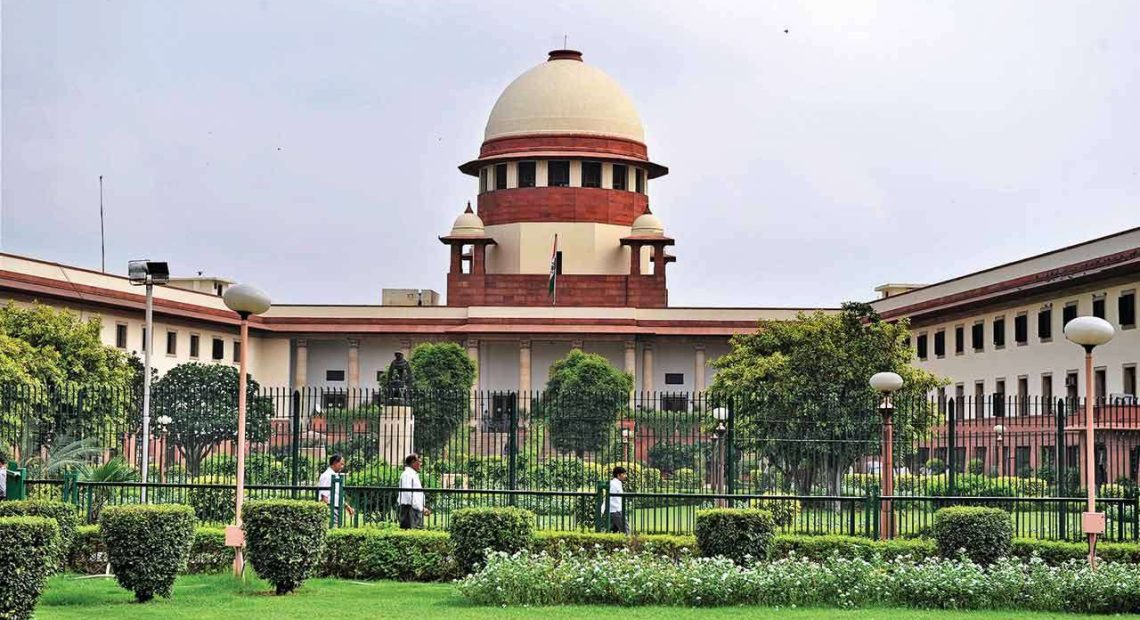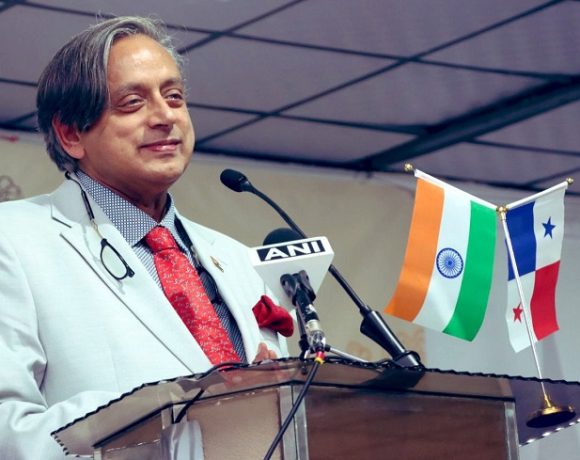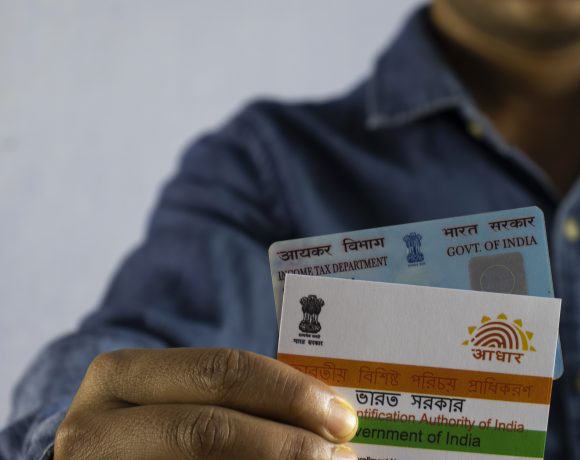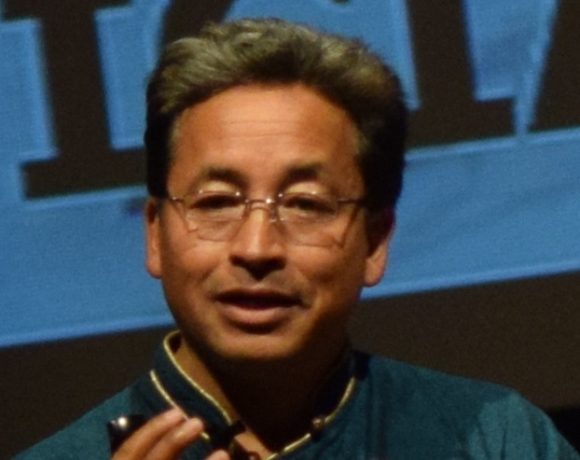
Congress MP Moves Supreme Court Against Waqf Amendment Bill
Congress MP Mohammed Jawed has approached the Supreme Court challenging the constitutionality of the recently passed Waqf (Amendment) Bill, 2024. The legal move came just hours after the bill was cleared by both Houses of Parliament, amid widespread political backlash and protests from opposition parties.
Jawed’s petition seeks to block the implementation of the legislation, arguing that key provisions infringe on religious freedoms and violate the rights of minority communities as guaranteed under the Constitution.
Key Objections Raised in Petition
The petition raises serious concerns over multiple aspects of the bill:
Inclusion of Non-Muslims in Waqf Boards
The bill mandates the inclusion of non-Muslim members in waqf boards, traditionally meant to manage Islamic religious endowments. The petitioner argues that this undermines the autonomy of the Muslim community in managing its own charitable and religious assets.
Government Control Over Waqf Properties
The bill grants wider powers to the government in terms of validating and auditing waqf properties. Critics fear this could result in excessive state interference and pave the way for potential misuse or encroachment on religious assets.
Violation of Constitutional Rights
Jawed contends that the legislation could violate Article 26 of the Constitution, which guarantees the right of every religious denomination to manage its own affairs in matters of religion. He also points to concerns about infringement on minority rights under Articles 29 and 30.
Wider Implications for Religious Autonomy
The challenge to the Waqf Bill marks the beginning of a likely prolonged legal and constitutional battle. The case could set a precedent on the extent of state involvement in managing religious endowments and redefine the boundaries of religious autonomy under Indian law.
The Supreme Court’s decision on the matter will be closely watched, as it could have lasting implications for the governance of waqf properties and for the rights of religious communities across the country. As the debate intensifies, the legal outcome may determine whether the government’s claims of transparency align with constitutional protections or infringe upon them.


















